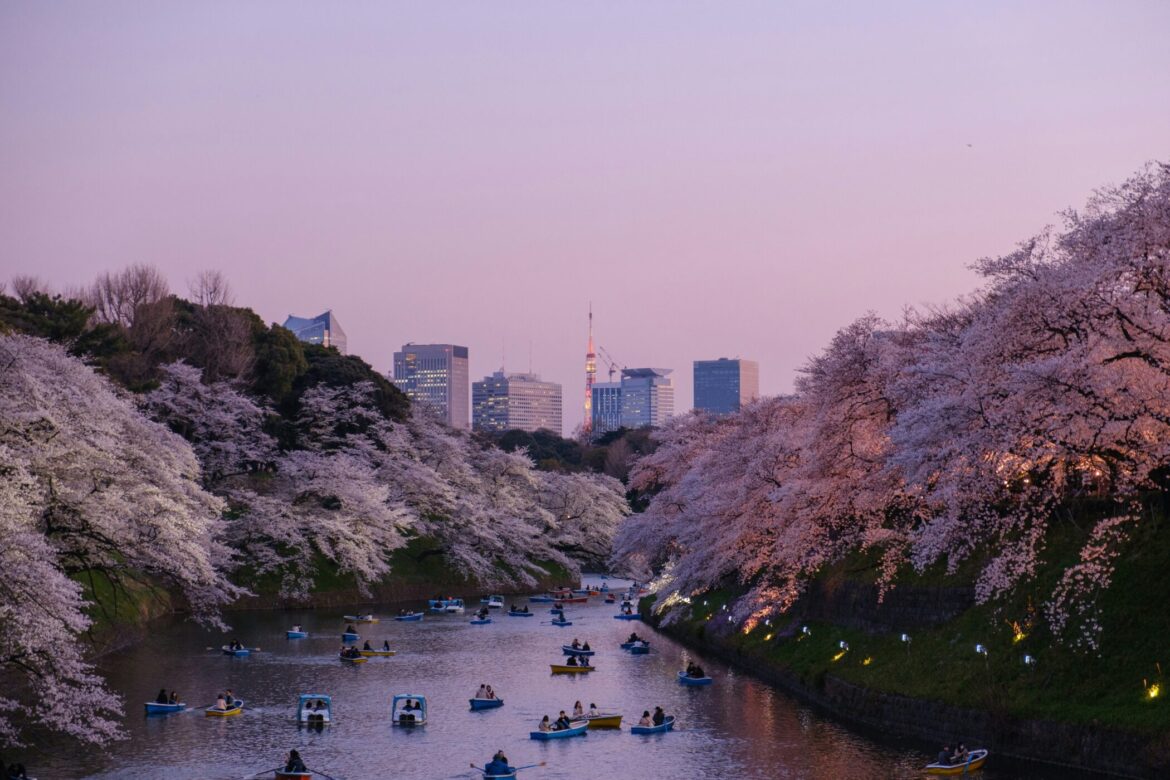In a phenomenon it has dubbed the ‘Concertina Effect’, Original Travel has reported a surge in last-minute European bookings alongside advance reservations for wonders such as Japan in cherry blossom season. Olivia Palamountain reports
Original Travel has witnessed a dramatic shift in booking patterns, with last-minute European trips surging 78% whilst simultaneously taking reservations six years into the future. This reflects what the company describes as the “Concertina Effect” of post-pandemic travel behaviour.
Why? The company describes this booking behaviour as resembling a concertina’s bellows, simultaneously stretching and compressing as clients respond to both spontaneous urges and long-term aspirations in an era defined by uncertainty and flexibility.
Original Travel reports that traditional booking windows of two to three months have collapsed, replaced by either spontaneous departures within days or milestone journeys planned 12-24 months ahead – with some clients already securing trips as far ahead as 2030.
The tailor-made travel company attributes this polarised approach to a combination of flexible working arrangements, economic uncertainty, and rising stress levels, with 91% of adults reporting high stress at some point during the year according to Mental Health UK.
Significant life events are driving the extended booking timeline, with multi-generational families planning trips years in advance for birthdays, anniversaries, and overseas weddings. Natural phenomena requiring advance planning – such as the Serengeti’s wildebeest migration, British Columbia’s salmon run and Japan’s cherry blossom season – are also prompting early reservations.
Tom Barber, co-founder of Original Travel, says: “In uncertain times, planning something joyful far ahead becomes an act of hope. We call it ‘anticication’ – looking forward to something extraordinary.”
Some clients have already booked to witness the total solar eclipse in Namibia in 2030, demonstrating the extent of forward planning for once-in-a-lifetime experiences.
Conversely, spontaneous bookings to European destinations have increased dramatically, with Italy, Norway and Greece proving particularly popular for last-minute getaways. The rise of remote working has enabled impromptu long weekend breaks, often booked with just days’ notice.
“There’s an emotional element too. In a world of burnout and bad news, travel becomes self-care,” Barber adds. “Clients tell us they simply need a change of scene, a bit of sun or space to breathe. These last-minute trips aren’t always tied to a milestone, but they’re no less meaningful – and at the moment, we are almost always able to accommodate the request.”


AloJapan.com